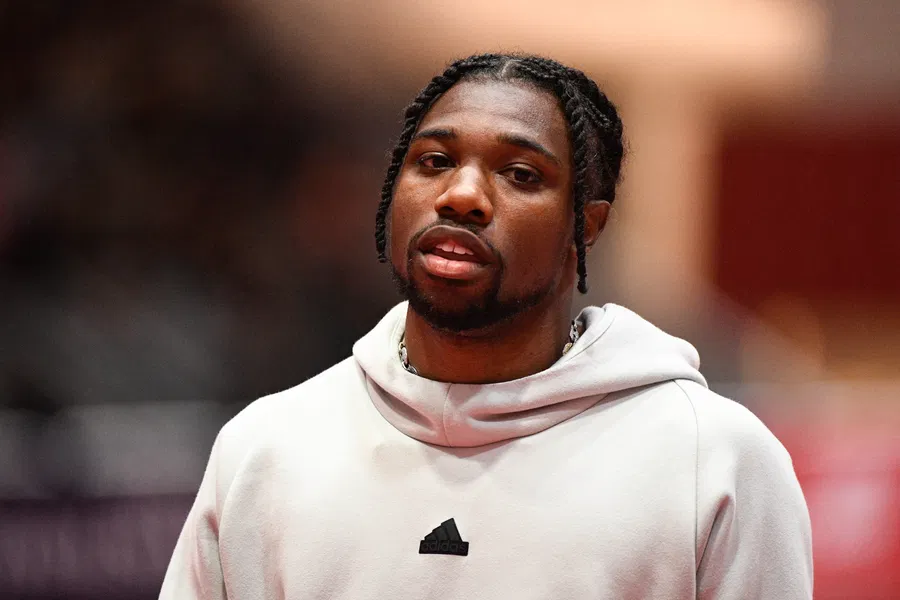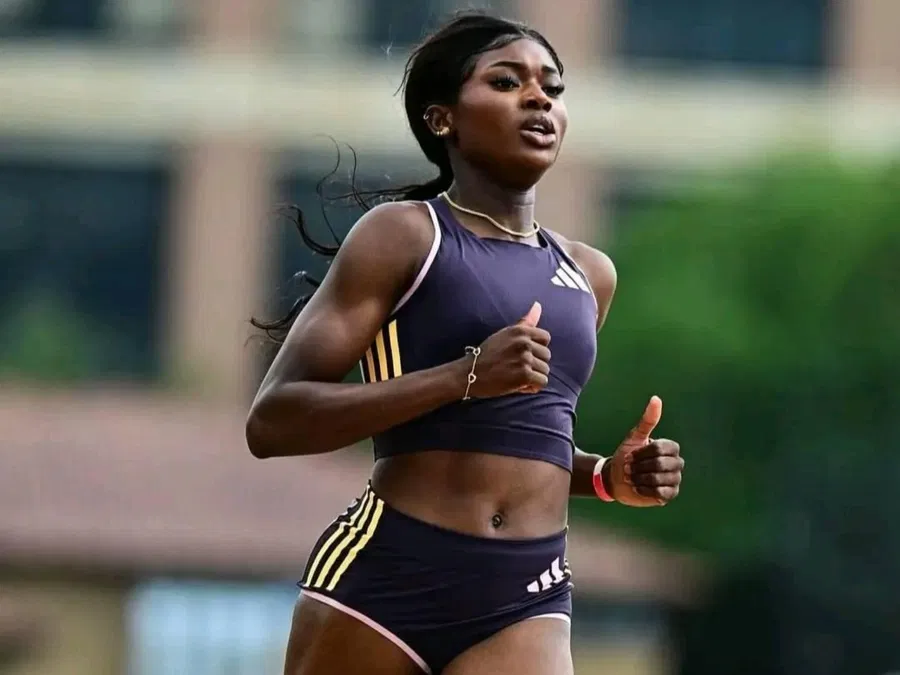In the past, track and field athletes changed national allegiances quietly, their reasons often obscured by bureaucracy and diplomatic language.
But in 2025, the motives are anything but subtle. A growing number of elite athletes are openly changing their national allegiance, and the conversation around it has never been louder.
The latest flashpoint is Turkey, an unlikely destination that has quickly become a refuge for disillusioned stars from traditional athletics powerhouses like Jamaica and Nigeria. Four of Jamaica’s Olympic medalists, Regina Campbell, Roje Stona, Wayne Pinnock, and Jaydon Hibbert, have already filed to represent Turkey.
The Financial Truth Behind the Transfers
Speaking on his Final Leg Track & Field podcast, athletics analyst Anderson Emerole laid bare the financial realities fueling these transfers.
“It’s really important here,” he remarked.
“Her frustration with the Nigerian Athletics Federation… Favour Ofili has actually spoken about [this] very frequently over the past couple years.”
Favour Ofili, despite her talent, endured years of organizational neglect: missed competition entries, delayed payments, and a support system riddled with inefficiencies.
For Ofili, Turkey’s offer of a reported US$1 million in financial and infrastructural support wasn’t a luxury, it was stability. And she isn’t alone. The Jamaican quartet’s decision to switch allegiance underscores a broader issue: the struggle to secure financial security and reliable career support in countries celebrated for their sporting heritage but hampered by limited resources and inconsistent governance.
Emerole’s commentary highlighted the unprecedented incentives being offered.
“They said some of these incentives: an upfront payment of at least $500,000 US per athlete,” he revealed.
More importantly, Turkey’s model guarantees consistent financial backing, modern facilities, and a structured athletic calendar, offering athletes a professional environment many had sought in vain at home.
“This isn’t about relocation,” Emerole emphasized.
“It’s professional recalibration.”
A Silent Comparison

While athletes in Jamaica and Nigeria deal with neglect and mismanagement, their American counterparts face a different, though equally challenging, economic reality. Despite superior infrastructure, U.S. athletes often grapple with uneven sponsorship deals, unpredictable performance bonuses, and a highly individualistic model that offers little communal support.
Sprint star Noah Lyles has, on multiple occasions, hinted at the exhausting chase for financial security in a system where even world champions can struggle for sustainable income. The Turkish model, for all its controversy, delivers one thing with certainty, structured investment and respect for an athlete’s career lifespan.
As more athletes prioritize financial stability and professional security, the nationality-switching trend appears set to continue. What was once taboo has become a pragmatic career move.
The question now is how long traditional athletics federations can ignore the writing on the wall.


